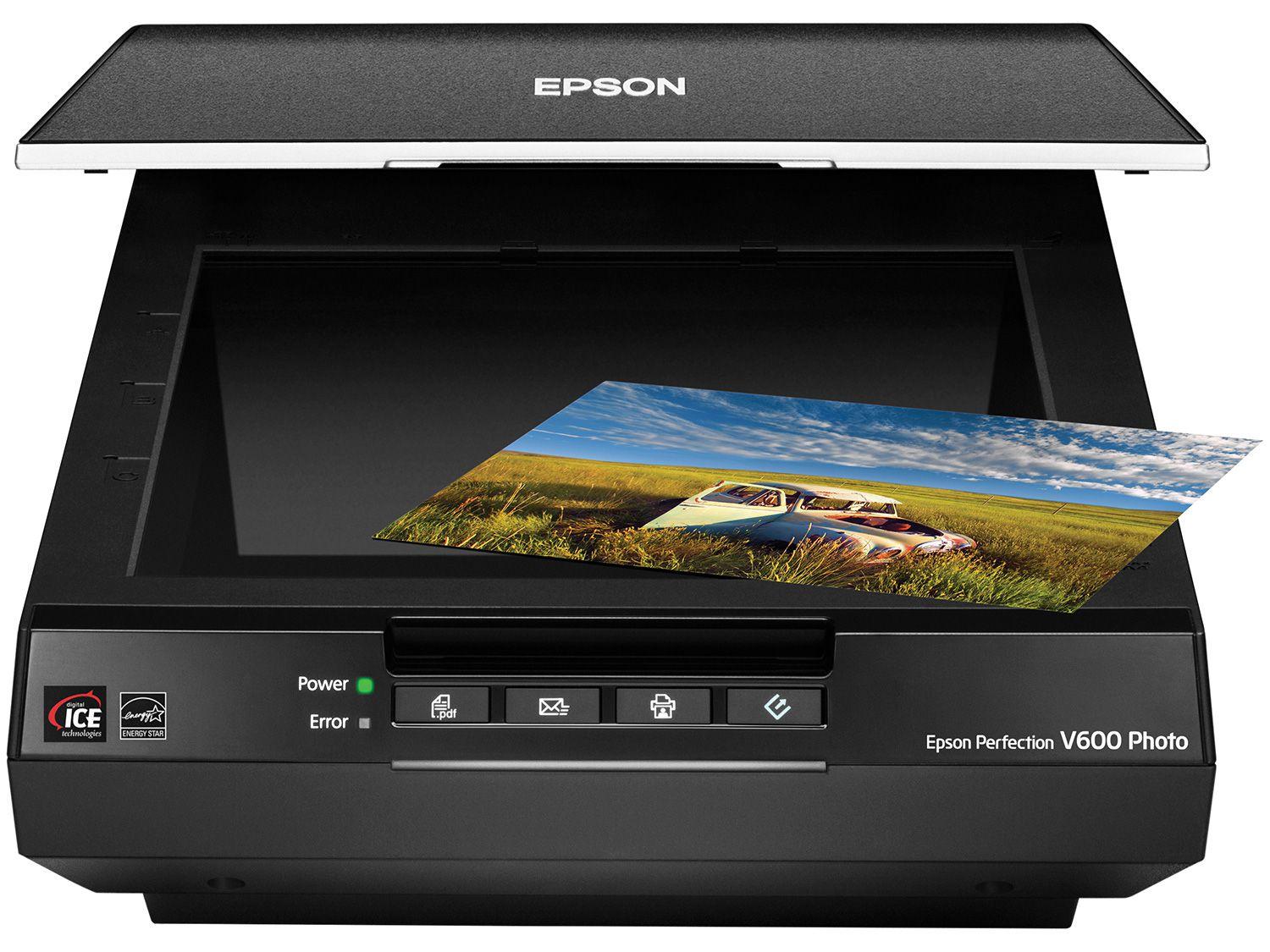

Like the cheaper Epson Perfection V600, it features Digital ICE tech for removing dust and scratches from old photos, and it boasts a high dynamic range so that it should perfectly match the tone and colour of every print you feed to it. It also has dual-lens technology built-in, which automatically selects the best lens to scan with based on the image you're using. It can scan up to a huge 4,800dpi for general photo scanning, and you can boost it to 6,400dpi to scan film negatives and slides. If you want really high quality, one of the best photo scanners for professionals is the Epson Perfection V850. The photo scanners we've recommended so far are all good options for general use depending on your needs but might not stand up to more demanding professional requirements. Otherwise, the Plustek ePhoto Z300 is an easy-to-use option that's perfect for budget scanning. You can't batch-scan photos – instead, you have to feed them through one at a time. This can be time-consuming process if you need to scan a lot of images, so if you have a big archive that needs digitising, it may be worth shelling out a little more cash for a more efficient scanner.

It does have other limitations, though, beyond the resolution.

The Plustek ePhoto Z300 is also quite compact for a scanner, which makes it easier to store if you have minimal space. Not least because it costs about a third of the price. But if you don't need luxuriously large files and just want something to turn physical images into digital format, we think the Plustek ePhoto Z300 is a good bet. With a scanning resolution of just 600dpi, this scanner clearly won't produce images as detailed as those digitised by the Epson scanner above. If you're looking for something more economical, the Plustek ePhoto Z300 is a good option. The Epson Perfection V600 is good value but it certainly isn't the cheapest photo scanner.


 0 kommentar(er)
0 kommentar(er)
